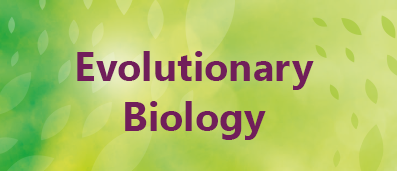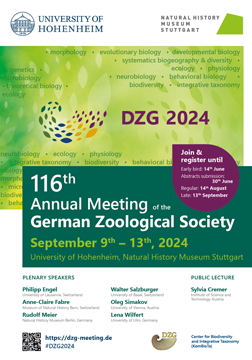
Short time, big impact – host-microbiome interactions in the Anthropocene (stories from honey bees and bark beetles)
In recent decades our environment has been experiencing drastic, human-made changes. The consequences, especially regarding insects, range from steady declines/extinctions of species on the one hand, to outbreaks/invasions on the other. As most insects live in intimate relationships with microbial symbionts, these biotic interactions are undoubtedly disturbed by anthropogenic change such as chemicals, habitat modification, or climate change. In this talk, I will look at some of these effects on microbial symbioses in honey bees and bark beetles, two systems that show rather contrasting responses to environmental change.
The microbiome of honey bees (Apis mellifera) is well defined, socially transmitted and experimentally tractable. Leveraging these facts, we tested whether a chemically perturbed microbiome, as well as associated effects on host phenotypes, are transmitted across adult worker “generations”.
In aggressive bark beetles (such as Ips typographus), which are known for their increasing mass outbreaks, host-microbiome relationships are much less understood. I will present our current work on protective functions, symbiont mediated effects on beetle behavior, and our plans to investigate how the microbiome may be affected by climate change.
Panagiotis Theodorou
Martin Luther University Halle-Wittenberg (MLU)
Germany
Evolution in the Anthropocene: Bees and Urbanisation
Cities are expanding worldwide, and urbanisation has been identified as a threat to global biodiversity as well as a driver of evolutionary change. The growth of cities results in an increase in impervious surfaces, habitat loss and fragmentation, invasion of non-native species and long-term environmental changes associated with the heat island effect and pollution. The combination of these effects constitutes a challenge to the survival and persistence of many species, including essential ecosystem service providers, such as wild bees, while also imposing altered selective regimes. Only organisms that can cope with and/or adapt to this novel set of challenging urban abiotic and biotic conditions can survive in cities.
Recent reports of bee declines have focused attention on insect pollinators, and urban ecology has provided significant insights into how urban environmental changes affect bee species' community structure. However, we know little about how the ecological impacts of urbanisation affect the evolution of wild bee populations living in cities.
In this talk, I will highlight the latest results from our ongoing research, which investigates how consistent and predictable the effects of urbanisation are on the adaptive and non-adaptive evolution of wild bee populations.



